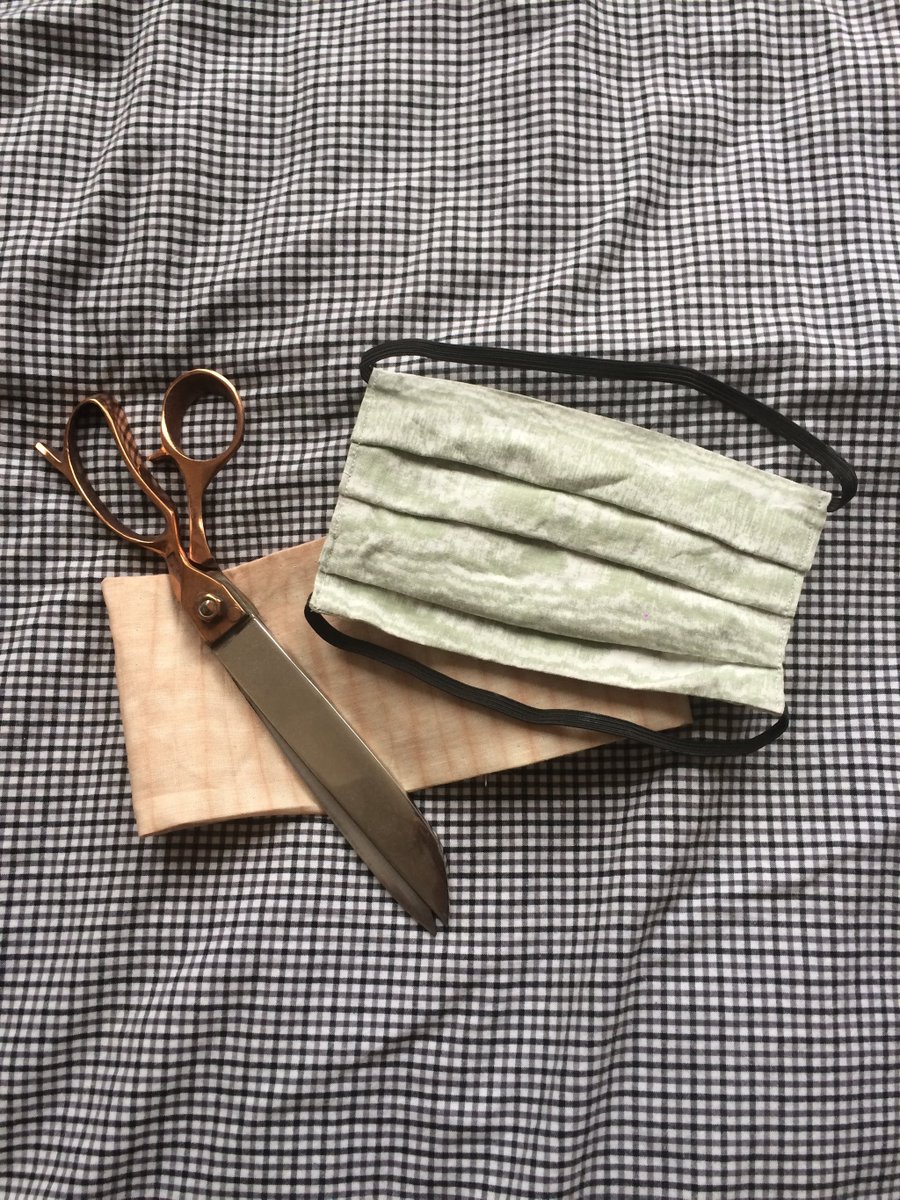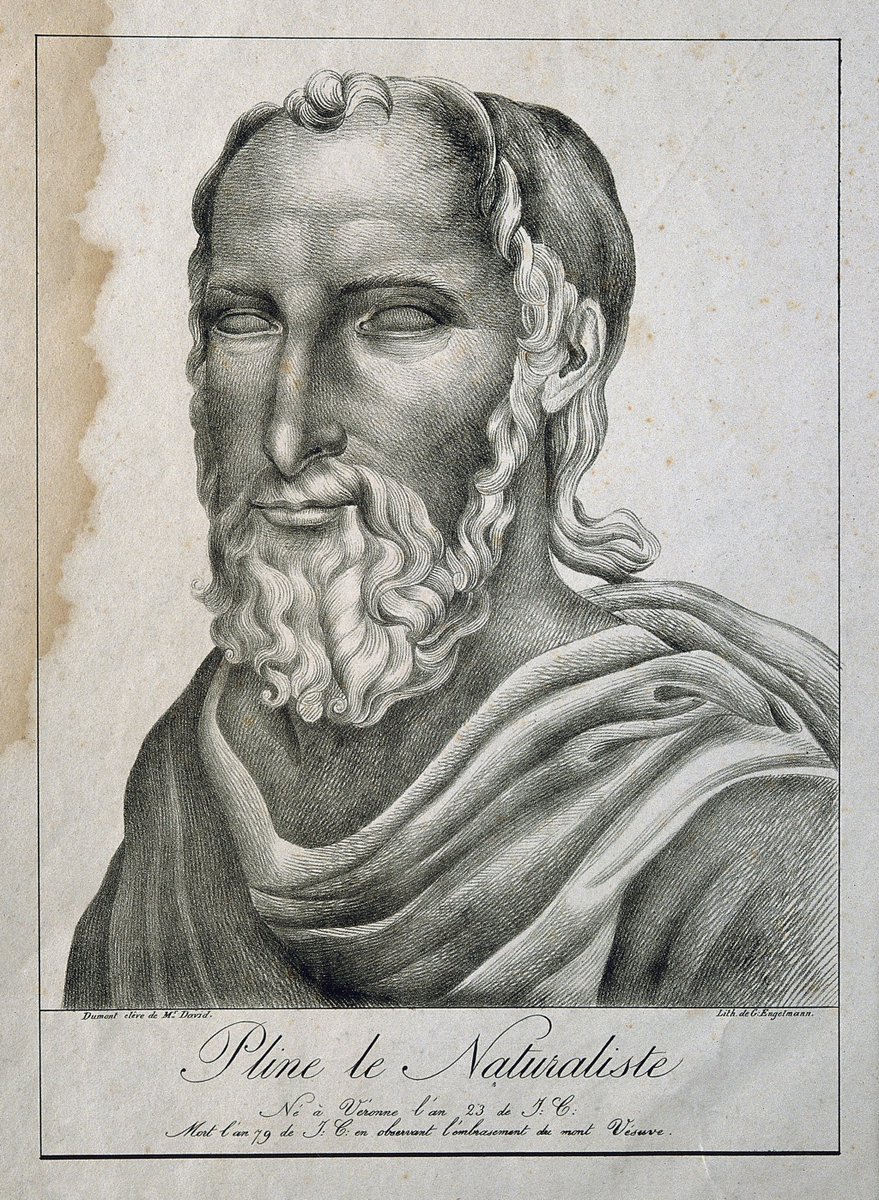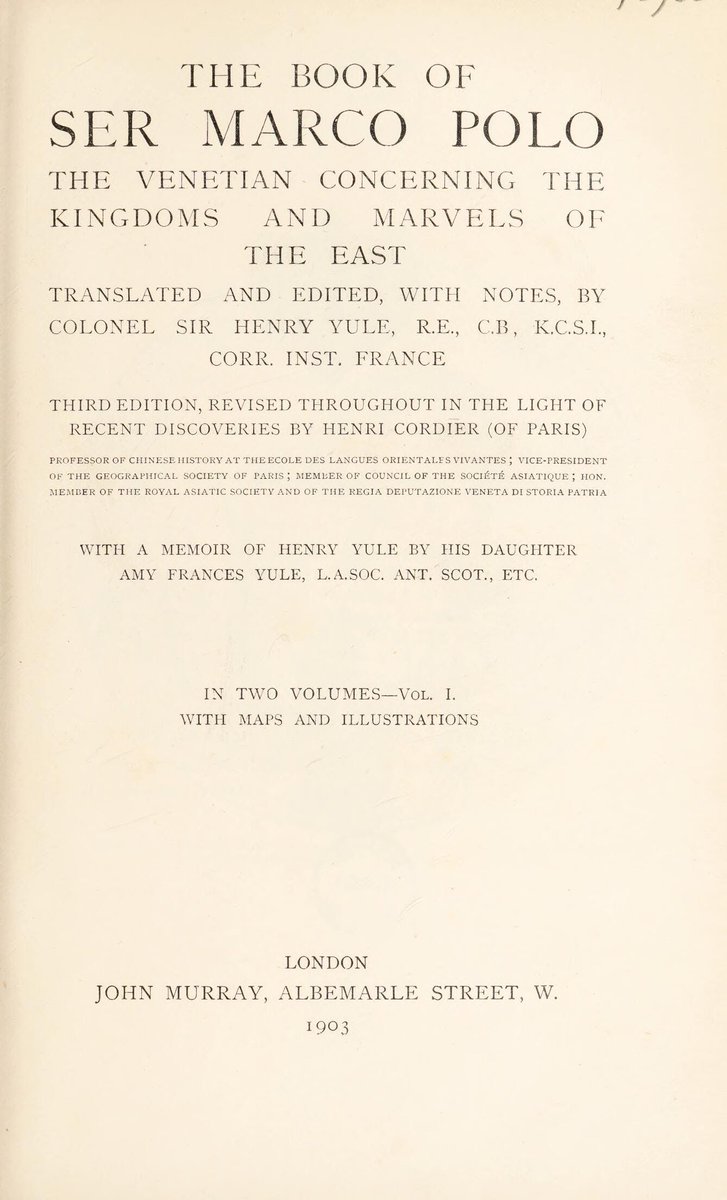We just discovered this baking book in our collection from 1910 and it's properly floured our dough #GBBO 

It's got 19 - NINETEEN - different recipes for Genoese sponge. And over 400 different recipes for 'gateaux and dessert cakes'. 

The cakes are so elaborate they require engineering-level diagrams. DO YOU EVEN GATEAU IF YOU DON'T KNOW THE HYPOTENUSE OF YOUR CAKE TIN? 





But seriously, these cakes are a thing of true, unadulterated beauty. And they come with a canny prediction for the future..."Gateaux making, once the province of the select few, is rapidly becoming general." 

"It may be a long time before every confectioner will vie with his neighbours as to whom shall make the best week-end display...but none the less a good display of tempting dessert cakes is becoming more and more a week-end necessity." #GBBO 



At the back the book includes some clever product placement including one for Guillouts ‘fancy biscuits’, a company which at its height was using up to 12 million eggs a year! 

The best thing about this thread? You can read/ download/ print/ covet this book FOR FREE! wellcomecollection.org/works/p6rchbw7 

The book will also help you identify your Dexter Chief from your Sinister Base. I think we can all agree this is so important in baking the perfect cake. 

• • •
Missing some Tweet in this thread? You can try to
force a refresh






















